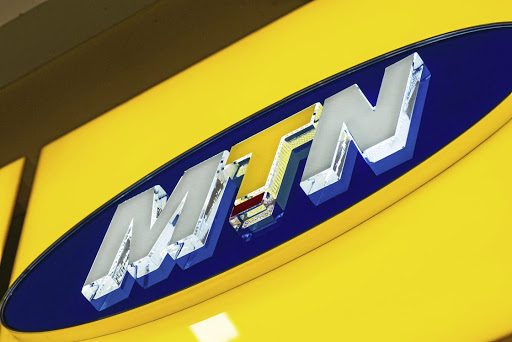Gov’t to earn US$100m annually from E-Waste project
- Posted on
- Comment
The government is expected to rake in an annual revenue of US$100 million from the electronic waste project which involves the responsible collection and recycling of electronic waste.
The project, which is in partnership with Societe General De Surveillance SA (SGS), is also expected to create over 20,000 full-time jobs for the youth within the first year of implementation.
The workers will be engaged in the collection and burning of e-waste items across the country.
This was disclosed when officials of the Ministry of Environment, Science, Technology and Innovation(MESTI)and the Environmental Protection Agency(EPA) met with the Parliamentary Select Committee on Environment, Science and Technology to discuss the agreement between the country and SGS.
The committee was informed to help with the implementation of the provisions of the agreement and to avoid the incidence of the country becoming a dumping ground for hazardous waste.
It is also expected to provide objective reports on the nature of shipments declared as used products rather than waste.
Financial impact
The committee also noted that there was no financial requirement from the government of Ghana towards the implementation of the project.
Under the agreement, Societe General De Surveillance SA (SGS) acting as the designated external service provider, will collect advanced recycling eco fees on behalf of MESTI and EPA.
The levy will be collected from authorities in countries from which electronic and electrical waste products are exported to Ghana.
SGS shall then remit the revenues generated from the collection of the fee on the agreed terms. The terms will indicate that SGS shall retain 15 per cent of the net eco fee to be collected and remit 80 per cent collected on a monthly basis.
Upon enquiring about the appropriateness of the fee charged by SGS, the committee was informed that the standard percentage fee charged by companies that collected recycling eco fees were between 20 and 35 per cent.
The committee noted that the fees for SGS contract engagement on similar activities in Cote d’voire, Guinea and Togo were 25, 35 and 20 per cent respectively.
Pursuant to section 28 of the Hazardous and Electronic Waste Control and Management Act, 2017 (ACT 917), an electronic platform where all stakeholders could monitor the levy collected by SGS would be established.
This is to ensure accurate reporting of the revenue.
Selected option
Under the Basel Convention with regard to the operationalisation of the agreement, the ministry and EPA had two options to choose from.
The first was to review the importation of all shipments into the country marked as waste or used items.
The second option was for the EPA to collaborate with a globally networked private firm that undertakes an innovative modular approach and allow for the physical inspection of shipment to determine the country of origin and the validity of each consignment.
This is to ascertain if the e-waste is a used or new item. The option further involved the application of a scheme that will see to the collection of advanced recycle eco fees on all regulated electrical and electronic items under the polluter pay principle and the building of a plant to address the challenge of e-waste dumping in the country.
The committee was informed that the second option was chosen because it provided a comprehensive e-waste management solution.
In choosing the option, the Ministries of Education, Sports, Health, Finance, Forestry and Mines, Local Government, and the Trade and Industry were consulted.
Background
Africa’s biggest e-waste dump site at Agbogbloshie is estimated to generate a significant proportion of the world’s 11.2 billion tonnes of solid waste.
This volume of e-waste continues to grow on a yearly basis posing varying environmental and economic hazards to the country.
The e-waste project is, therefore, expected to be a game changer in the government’s effort to protect the population and the environment from harmfuleffects of the hazardous materials found in electronic products.











 (Selorm) |
(Selorm) |  (Nana Kwesi)
(Nana Kwesi)